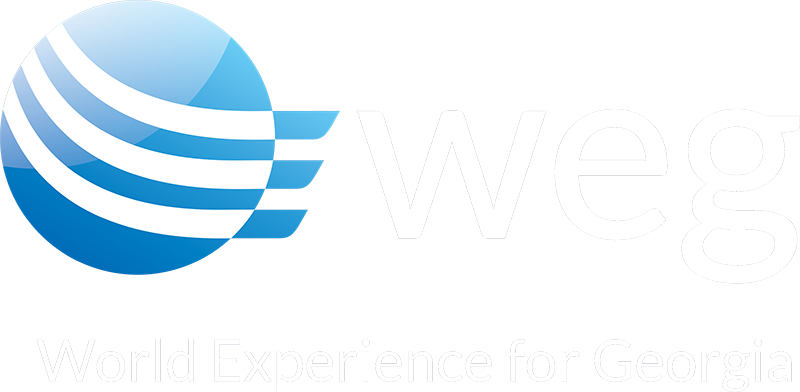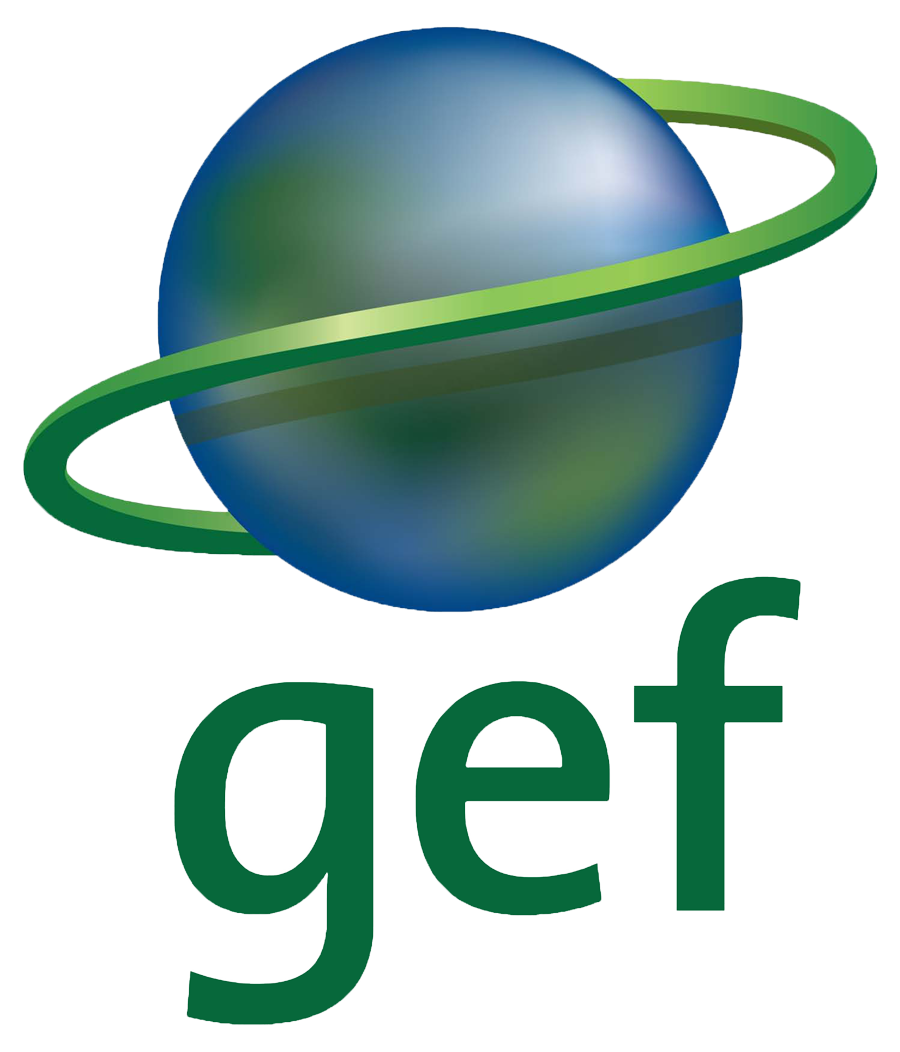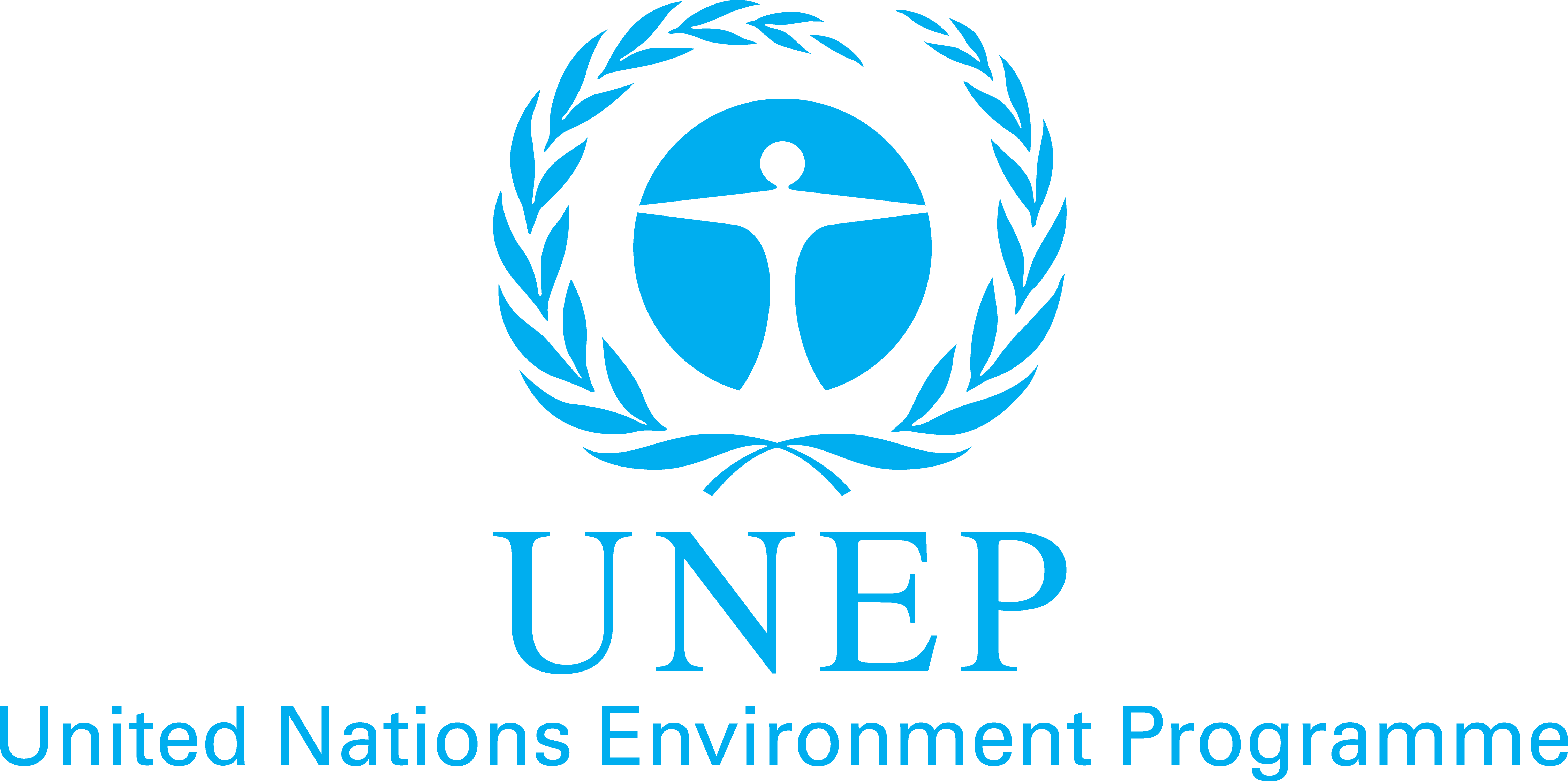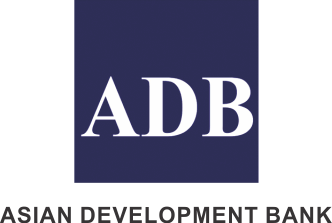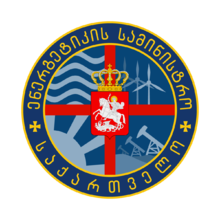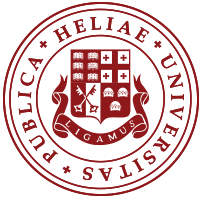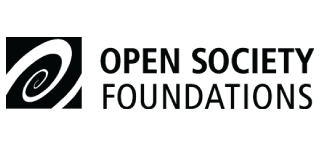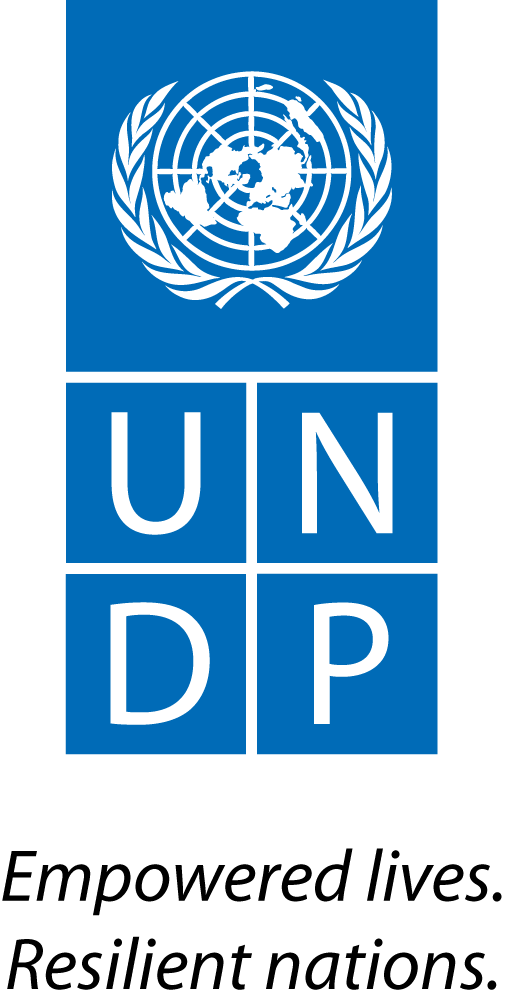Supporting the implementation of Clean Energy for all Europeans package in Georgia. Project Summary
Donor: United Nations Development Program (UNDP) funded by the Government of Sweden within the framework of the Governance Reform Fund (GRF) project.
Budget: 120 000 USD
Timeline: 01.01.23-31.05.24
The project aimed to support the Ministry of Economy and Sustainable Development of Georgia (MoESD) in transposing the "EU Clean Energy for All Europeans Package" and to enhance its implementation by developing roadmaps, policy guidelines, and recommendations targeting the package's four main directions: energy efficiency, renewable energy, energy security, and energy poverty. The objective was also to develop and strengthen the internal capacity of the MoESD to contribute to the implementation of national commitments under the Energy Community Accession Protocol.
Workstreams
- Developing the capacity of MoESD in implementing the REDII Directive
- Based on research and modeling, recommendations were developed for Georgia on specific targets, policies, and measures to achieve the mandatory targets of the RED II directive in the transport sector by 2030. Specific recommendations were provided for primary and secondary legislation.
- Use of Heat Pumps in Georgia: Based on international experience, a technical-economic assessment of the use of heat pumps in Georgia was carried out. A simple analytical tool was developed, and policy recommendations were formulated to help the Ministry utilize renewable energy sources and strengthen the country's energy security. The results were discussed with the Ministry, private companies, and experts at a working meeting.
- Roadmap for the Implementation of the Renewable Energy (RED II) Directive: This roadmap will assist the Ministry in comprehensively addressing the implementation of the Directive and in preparing to fill existing gaps in various areas.
- A workshop with stakeholders was held in collaboration with the Ministry to discuss the challenges of implementing the directive.
2. Determining and Measuring Energy Efficiency Indicators in the Service Sector
- In active cooperation with the National Statistics Office of Georgia, the necessary data and indicators for the implementation of the energy efficiency directive were defined. Gaps and challenges in this area were identified.
- A general methodology for determining and evaluating appropriate indicators under conditions of data scarcity was developed. Additionally, a roadmap for establishing energy efficiency indicators for the service sector was created.
- Workshops and training sessions were conducted for the employees of the Ministry of Economy and Sustainable Development on the implementation of the energy efficiency directive.
3. Increasing energy security
- A guide to electricity supply security rules was developed, outlining the main requirements of EU Regulation 2019/941 and detailing the steps for their effective implementation.
- Training sessions were conducted for the employees of the Ministry of Economy and Sustainable Development and the Georgian State Electrosystem (GSE), focusing on electricity supply security and the protection of critical infrastructure.
- To support the Ministry, a practice of providing quarterly in-depth reviews of regional energy security and weekly updates has been established.
- Policy documents were developed to analyze regional energy security issues and key challenges.
4. Measuring and Addressing Energy Poverty
- Local and international experts have collaborated to develop comprehensive guidelines for assessing and monitoring energy poverty in Georgia. These guidelines include recommendations for determining the extent of energy poverty and formulating effective policies to alleviate it.
- A large-scale event was organized, bringing together relevant ministries, the regulatory commission, energy companies, and research organizations. The event aimed to coordinate efforts and facilitate discussions on the complex and multidimensional issue of energy poverty.
- Recommendations were developed for enhancing and updating the energy poverty section of Georgia's National Integrated Energy and Climate Plan (NECP). These recommendations aim to strengthen the plan by addressing current gaps and incorporating best practices to more effectively measure and tackle energy poverty.
5. Awareness Raising
To raise awareness among specialists and the wider public on key topics, animated video clips were prepared on: renewable energy, energy security, energy poverty, and the European Green Deal.
The project involved three international experts and twelve local specialists. The work completed will assist the Ministry in implementing data-driven policies, strengthening sectoral coordination, seeking donor assistance, and advancing overall strategic objectives.
